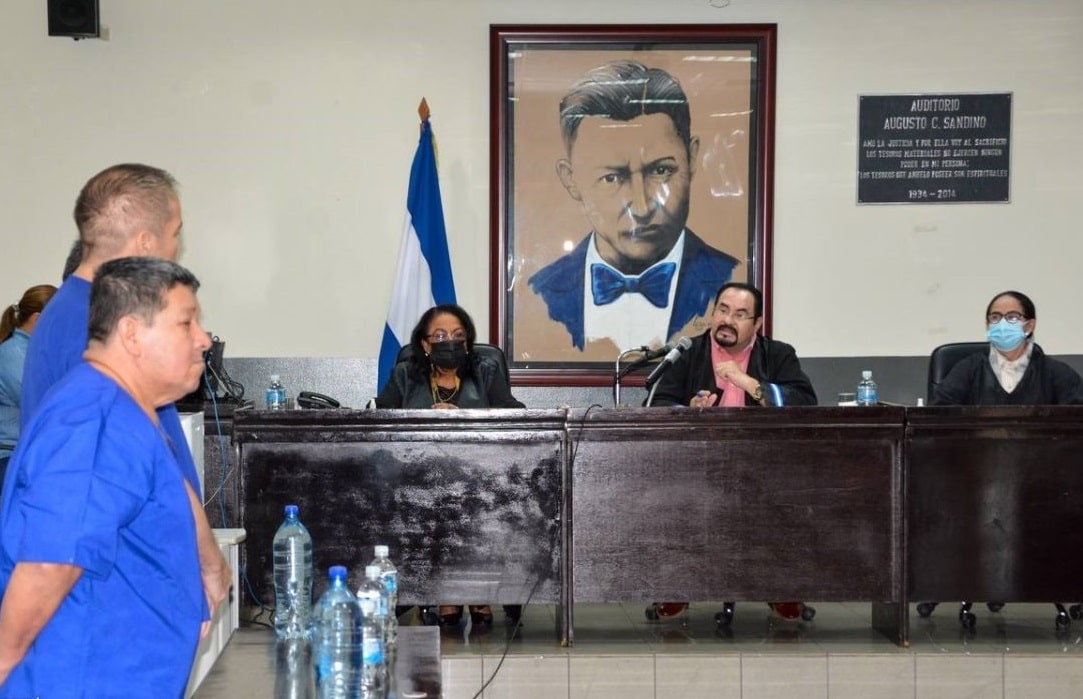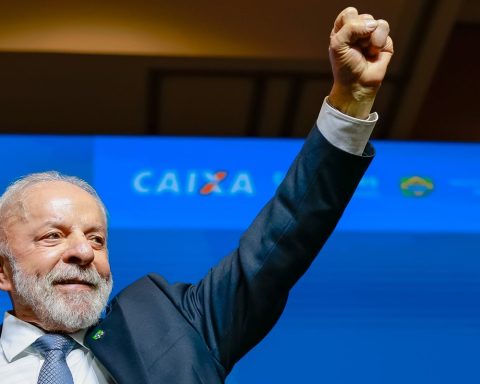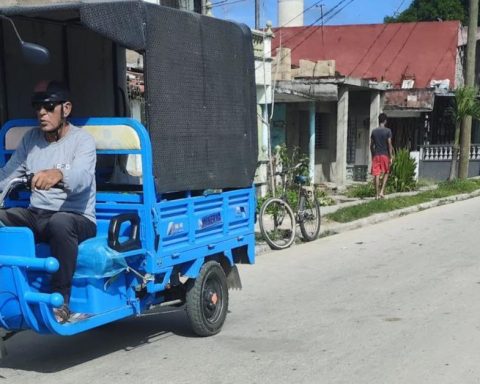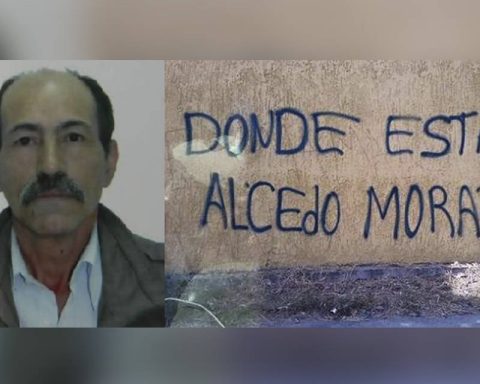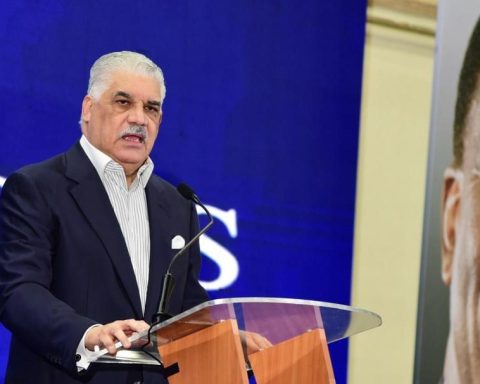The Magistrate Octavio Rothschuh Andino, president of Chamber One of the Managua Court of Appeals (TAM), and Ortega judges “misinformed” at least five political prisoners locked up in El Chipote and taken to “illegal” hearings last week. In these, they were assured that their appeals had already been admitted, when in fact, these were approved until Monday, September 5, and their defense attorneys were notified until Tuesday, September 6.
The “invented informative hearings were really uninformative because it was not true that the appeals had been admitted for processing,” said a lawyer on condition of anonymity. Several of the appeals presented had not been resolved, but the Judiciary had to justify in some way the “illegal” appearance of the political prisoners and for this reason, they provided outdated information, he said.
In the notification, the TAM indicates that they admitted the extraordinary cassation appeals on September 5, a date that does not correspond to the days in which the political prisoners were exhibited in the capital’s courts. Between August 3rd and September 1st, the Ortega regime presented for the first time in more than a year of confinement 27 prisoners of conscience, sentenced to the Directorate of Judicial Assistance (DAJ), El Chipote. They were subjected to invented “informative” hearings about their judicial processes, convened by the TAM -without having jurisdiction- and several of the judges who sentenced them to political prisoners.
The judges and magistrates not only provided inaccurate information in at least five cases, but also evidenced the persistence of justice being delayed. According to UDJ, after the TAM sentence, which ratified the sentences of seven to 13 years in prison against the political prisoners, the defense attorneys have 20 days to present the appeals and the TAM has a period of 48 hours to process it.
The Public Ministry must answer the damages or violations —“grievances” in judicial jargon— presented by the defenses within a period of 20 days and, subsequently, refer the case to the criminal chamber of the Supreme Court of Justice (CSJ); however, several of the processes were still awaiting a response from the Public Ministry.
Legal contradictions between Ortega judges
Lawyer Henry Salatiel López, defense attorney for political prisoner and UNAB member Alex Hernández, explains that in his case, the courts did provide the correct information about his client’s process, which was previously notified to him. However, he points out that it is not possible for the accused to be informed that his appeal was admitted, when “technically his defense has not been notified. There are contradictions in the process itself,” he warns.
“As long as there is no technical or official notification of whether the appeal -of cassation- was admitted or not, we cannot talk about whether they are meeting the deadlines,” said López.
In another of the cases of political prisoners that his lawyer preferred to remain anonymous for security reasons, Judge Rothschuh Andino informed the prisoner of conscience that they were awaiting a response to the grievances from the Prosecutor’s Office, despite the fact that it had already answered, so the file should have been in court, said the defender.
According to article 393 of the Criminal Procedure Code (CPP) “once the response is received, the Chamber will forward the proceedings to the Criminal Chamber of the Supreme Court of Justice, for resolution.” It does not indicate a specific term, but the legislation also guides that when there is no fixed term for a procedure “it will be understood that it must be carried out within the next 24 hours,” explained the lawyer.
“Strictly in accordance with the law, the file should already have been sent from August 10 or 11, so we can conclude that justice is being delayed,” said the lawyer.
Political prisoner’s lawyer claims right to visits
Defense attorney López questions the “informative” hearings, which in addition to being illegal because they are not contemplated in the Code of Criminal Procedure, the magistrates and judges “usurp” the work of the defense attorneys, who are the ones who must inform the political prisoner about the state of its judicial processes, but it has been blocked since the arrests of prisoners of conscience.
“That role of informing the accused how the legal situation is going belongs to us, the defense, which materializes with the permits that they should give us, which is a constitutional right that the accused have to meet with their lawyers,” he claimed.
The lack of communication between lawyers and their clients has been one of the most recurrent violations in the legal cases of the 27 prisoners of conscience held captive in El Chipote and the 13 who are housed in jail.
